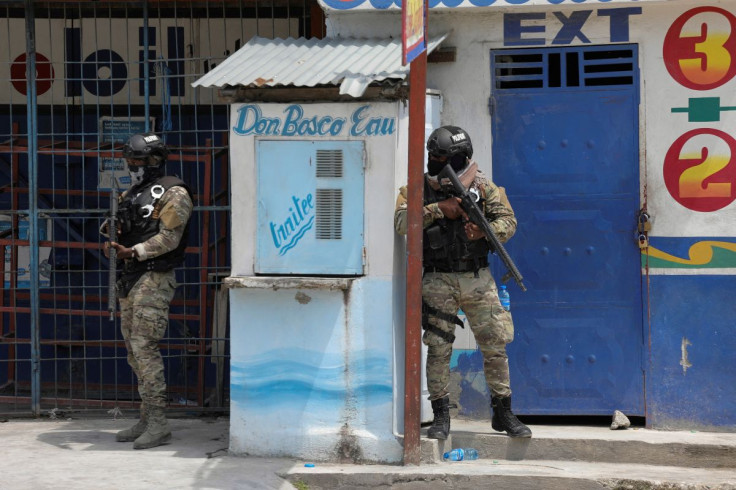
In the last few months, Haiti has seen political instability, a rise in gang violence and a deadly cholera outbreak. Due to all these factors, half of Haiti's children rely on humanitarian aid to survive, said Unicef.
Gang violence shot up in Haiti since the Caribbean country's President Jovenel Moïse was killed in 2021. Its economy and security order are all affected. Gangs have taken control of two-thirds of the capital Port-au-Prince. This has brought back problems of human rights abuses, malnutrition and cholera.
Unicef's Haiti representative, Bruno Maes, told The Guardian that at least 2.6 million kids are expected to need lifesaving assistance as soon as possible in 2023. The overlapping crises have left Haiti's children in the worst position since the earthquake that happened in 2010.
Maes said that Haitian kids don't just face challenges in getting food and water while the "health system collapses around them," but there is also a lack of protection. According to him, children are being abused, girls are "being raped and services are not there at the scale they should be for their survival and development."
The World Food Programme recently warned that Haiti is facing the worst level of hunger in its history. As many as 4.7 million people are suffering from acute hunger.
Problems worsened in late January when police -- the last line of defence against the gangs -- revolted.
Children in Haiti are particularly vulnerable to the violence, with many of the capital's schools being shut or destroyed. There are fears that the disruption in education will make it easier for multiple gangs to encourage kids to join them.
Unicef has no choice but to negotiate access with gangs, who are now the de-facto authorities in many areas in Haiti, to support health centres.
But many aid groups have already pulled out. One of them was Médecins Sans Frontières which suspended all its operations at a public hospital in west Port-au-Prince on Jan. 26. The decision was taken after three men entered an emergency room, dragged a patient outside and gunned him down. A similar incident had happened before this and so, MSF was forced to close to protect staff.
© 2025 Latin Times. All rights reserved. Do not reproduce without permission.




